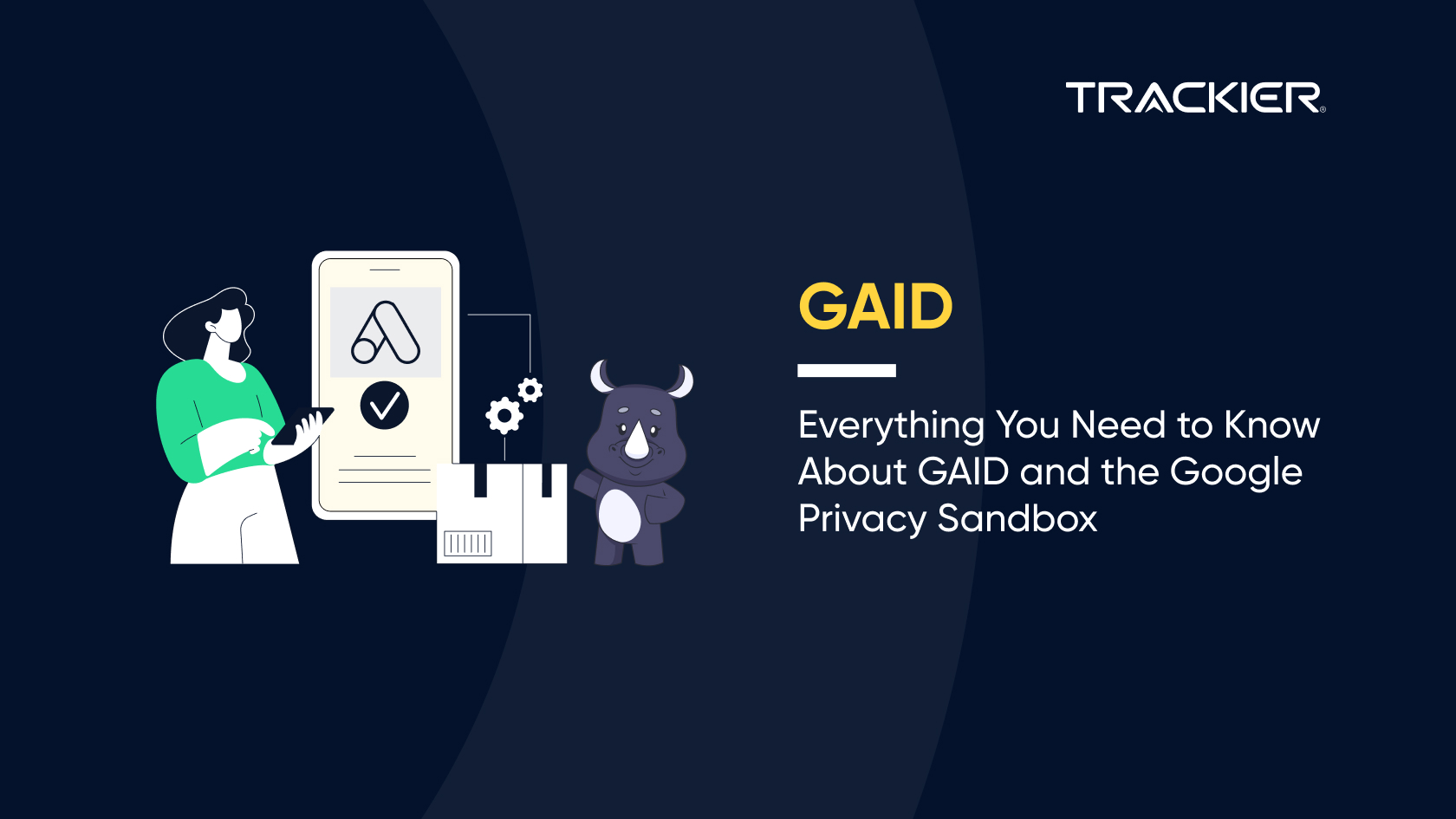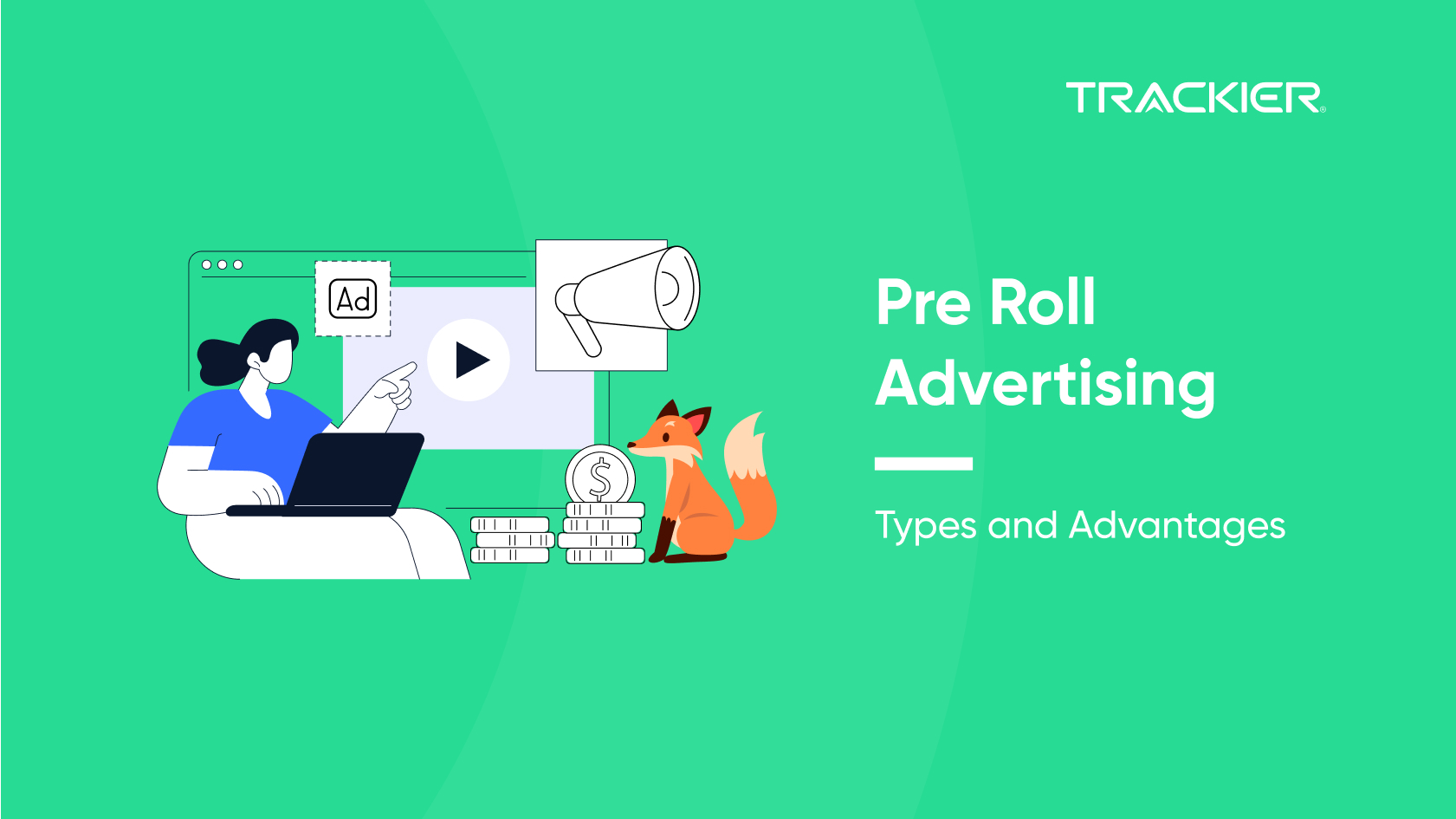Google announced in March that GAID, their user identification for marketers, will be deprecated by Android, the most popular operating system in the world, by 2024.
A device’s GAID (Google Advertising ID), which is used for advertising reasons, is an ID created by Android. The user receives a certain amount of privacy at this level of abstraction while yet having high functionality in the advertising ecosystem.
I’ll go over the primary applications that the ecosystem currently uses GAID for in this article. Along with mapping the impact of this deprecation, I’ll discuss Google’s suggested remedies for dealing with these fresh problems.
Let’s go down into each category and examine the potential effects of GAID’s deprecation, presuming that the Android Privacy Sandbox will launch under the recommended roll-out schedule. But before let’s understand the applications:
There are three major applications of GAID:
- Determination of marketing effectiveness- it is simply termed as attribution.
- Segmentation of the user list for marketing purposes.
- Ad personalization- is defined as displaying appropriate adverts to users based on their activities and interests.
Marketing Performance Measurement (Attribution)
The two most dominant attribution methods on Android are Google Play Referrer and ID Matching, which are known as GAID. After checking the recently introduced updates for this type of attribution method, we noticed that Google did not specify the following aspects in their newest Privacy Sandbox paper:
- This may be considered Google Play Referrer’s deprecation (which is a good thing in reality!) a consent process similar to Apple’s App Tracking Transparency. As a result, one can assume that, unlike iOS and IDFA, GAID will be fully deprecated (which isn’t a bad thing at all either).
- Even if Android’s Privacy Sandbox lives alongside Google Play Referrer, it will still provide superb attribution capabilities and allow advertisers to identify consumers in real time through their MMPs.
Check Out Trackier’s MMP Directly From Us!
Furthermore, this will allow ads to use deep linking (of which postponed deep linking is part) so users can move fluently from an ad into an application in context.
Using Google Play Referrer means you can promote privacy without having or sharing your user ID with others.
Below are the two key disadvantages of Google Play Referrer:
Direct to install only – Google Play Referrer will not associate a user to an ad if they click on an ad but do not immediately install an app.
Apps installed through the Google Play store are alone eligible to get Google Play Referrer credit; outside-the-store apps are not included.
The on-device measurement used by the Privacy Sandbox is the Attribution Reporting API, which will provide attribution and conversion measurement across Android apps and the web. The following are the primary capabilities of the Attribution API:
Each ad network will be able to obtain attribution according to its own touchpoints and attribution settings, but not in a cross-network manner.
MMPs will be the only ones with the ability to create attribution across multiple ad networks and advertiser-selected attribution parameters.
The reporting of Attribution API can be further divided into:
- User-level reporting has a 3-bit reporting limit, is mainly important to publishers, and has delayed data freshness.
- Aggregated level reporting is very broad with virtually infinite campaign and user property breakdowns, LTV up to 30 days post-install, and almost real-time reporting.
- Trackier combines all relevant attribution sources such as Google Referrer and The Privacy Sandbox to produce a comprehensive picture.
Segmentation
To create lists of user attributes that can be sent to networks and marketing engagement tools so that these users can be engaged with specialised marketing content, segmenting users is heavily in use today.
Google’s new solutions will make user-level lists impossible, but we can expect that the market will adapt either to one or both of the following alternatives:
Using the FLEDGE approach proposed by Google
Advertisers can use first-party identifiers as long as they respect users’ permission and agreement, even though GAID is the most used identifier for these uses.
The FLEDGE solution recommended by Google provides marketers with excellent opportunities to define their audiences and work with ad networks to deliver ads that are later separated for on-device audience lists. This solution maintains user privacy because it is on-device and does not share end users’ identifiers.
Ads Personalization
The deprecation of GAID and the Privacy Sandbox will significantly impact the advertising capabilities of ad networks. The most affected will be ad networks used for gathering user activity information across different third-party apps.
Google has suggested the cross-app TOPICS approach as an alternative to own-app context-app advertisements.
The TOPICS solution claims that Android will provide many topics to each publisher app to help with interest-based ad serving.
The method will be developed in stages. In the first stage, the focus is on learning from public data uploaded by marketers when they publish their app through Google Play, for example, names of bundles and app categories.
Although we can already see that this is a less efficient manner in which ad personalisation will be achieved, we can also predict that as TOPICS engine inputs continue to expand, this solution will be expanded upon at a significant level.
Conclusion
The deprecation of GAID and the lack of cross-app identifiers will undoubtedly rock the advertising sector.
In our view at Trackier, this new set of proposed solutions Google and us will support is an excellent opportunity for advertisers, including publishers and ad networks, to latch onto.
We believe that Google’s adjustment will benefit both end-users and advertisers that adapt to it since we are the industry leaders and successful pioneers of similar privacy changes implemented in iOS.
In case you need help or want to know more about our product and services, do not hesitate to contact us.



